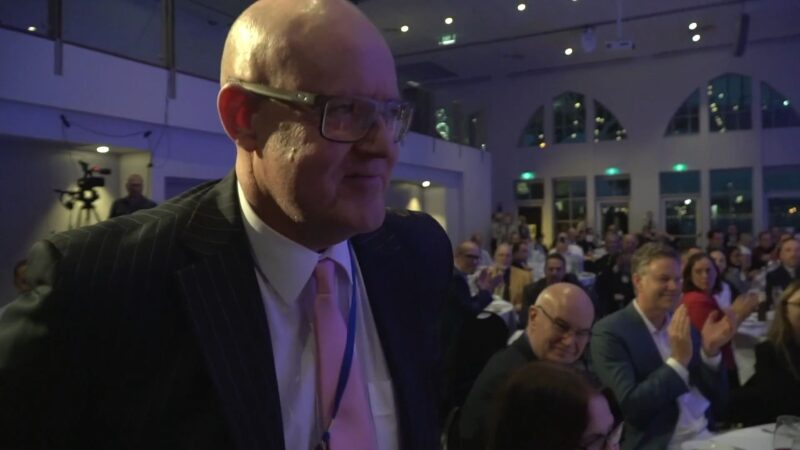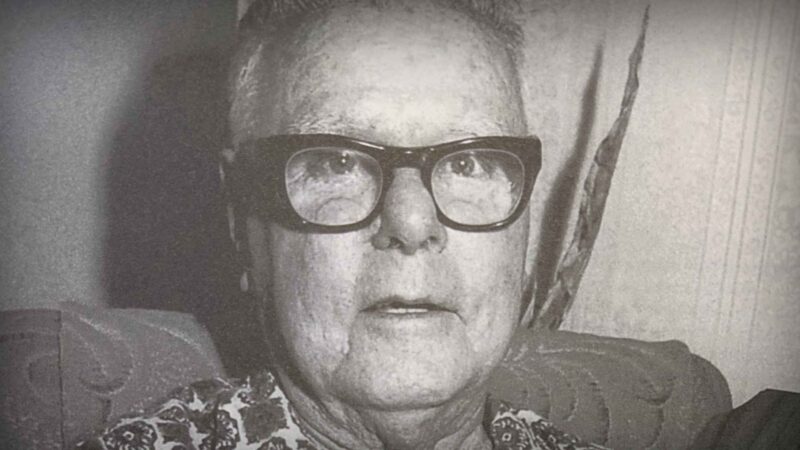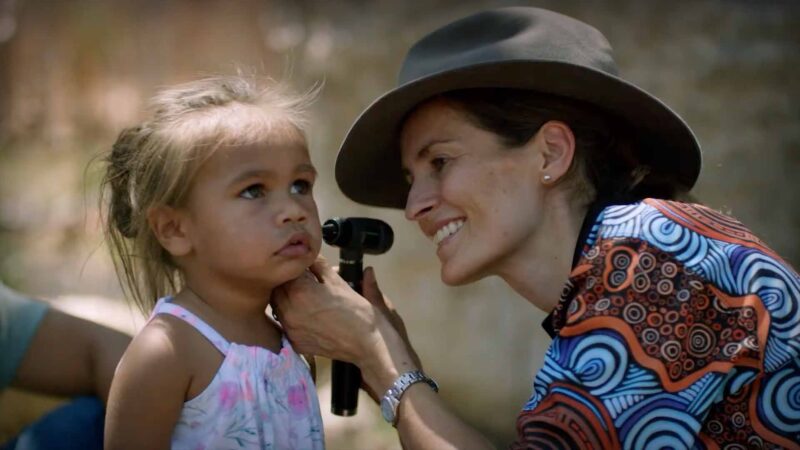LEADING EXTRACELLULAR VESICLE RESEARCH TOWARDS THE NEXT GENERATION OF TREATMENTS AND DIAGNOSTICS
With
Associate Professor Joy Wolfram, Group Leader,
Australian Institute for Bioengineering and Nanotechnology,
School of Chemical Engineering, University of Queensland
PEOPLE IN HEALTH CARE SEGMENT
Filmed in Brisbane | May 2025
Joy Wolfram is an Associate Professor at the Australian Institute for Bioengineering and Nanotechnology and the School of Chemical Engineering at the University of Queensland in Australia. Originally from Finland, she earned both her bachelor’s and master’s degrees in biology before transitioning to engineering with a PhD in nanotechnology completed in China. Wolfram has over a decade of experience working in hospitals in the United States before joining the University of Queensland.
Her research focuses on extracellular vesicles, which are crucial for cell communication both locally within tissues and over longer distances between organs. Her lab studies the roles of these vesicles in both health and disease, particularly in cancer. They investigate the harmful messages released by cancer cells that aid in tumour growth, specifically in breast cancer, while also exploring how to harness beneficial extracellular vesicles from healthy individuals as potential therapeutics.
Wolfram’s lab is currently funded by the National Breast Cancer Foundation for a four-year project aimed at understanding how breast cancer-derived vesicles evade the immune system. Collaborations with the Faculty of Medicine and hospitals in the U.S. enhance her research efforts. Additionally, partnerships with local industries in Brisbane, supported by the Medical Research Future Fund, promote academia-industry connections. Notably, funding from Health Translation Queensland allows her to compensate patient advocates who contribute valuable insights and direction to her research.
Source: Written by AUDIENCED from transcript
You Might also like
-
Gavin Fox-Smith talks Medical Technology
Former Johnson & Johnson ANZ Managing Director, Gavin Fox-Smith on working in large & small MedTech companies
-
30 years on, Viertel Foundation legacy continues
One of Australia’s largest charitable foundations, the Sylvia and Charles Viertel Charitable Foundation, is celebrating three decades of transforming Australian healthcare – with more than $90 million invested in medical research and a legacy of breakthroughs that are saving lives. Viertel Fellowships support some of Australia’s best and brightest researchers and clinicians, with 70 Fellowships awarded to date.
-
Global GP Conference comes to Australia
Over 3000 delegates from around the World will gather at the 50th celebration of WONCA to reconnect and revive General Practice, sharing knowledge and learnings on access, equity, funding, and multidisciplinary care teams. This includes networking with Australian and overseas GPs and in particular learning about primary care practices in other countries.
Australian Health Journal met with Dr Nicole Higgins, President of RACGP in transit at Brisbane Airport recently and she spoke about the $6 Billion allocated in the Federal Budget in May as a significant achievement for General Practice investment. She also emphasised this announcement reinforced GPs should be at the centre of multidisciplinary care teams to ensure continuity of care and better health outcomes.



